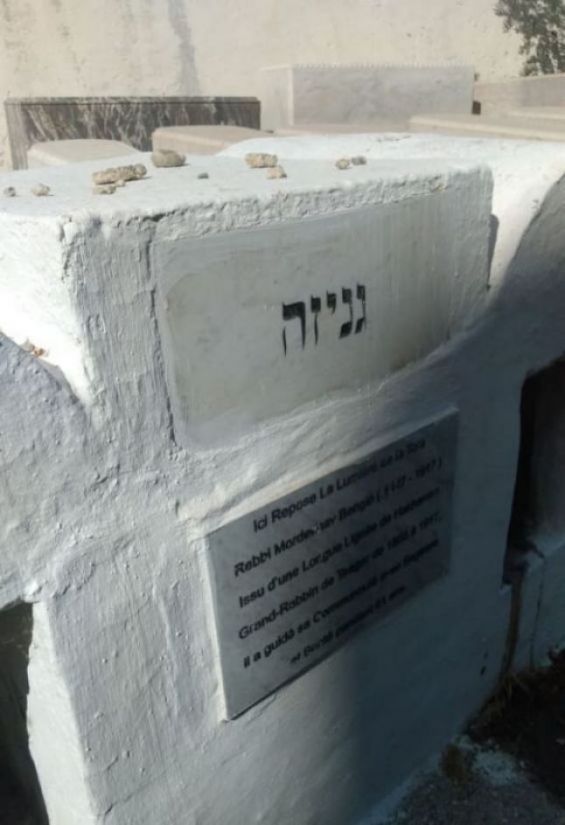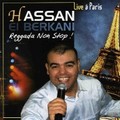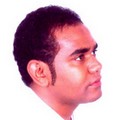In the Jewish cemetery of Tangier, located outside the medina walls, everone can visit the tomb of rabbi Mordekhay Bengio. Also known as, Mordechai, the Jewish figure was born in 1827 to a family of rabbis. He is the grandson of Moshe Bengio, a chief rabbi of Tangier who «allied himself with one of the greatest families of the city and helped his father-in-law Abraham Toledano become the chief rabbi of the city in 1833», Joseph Toledano wrote in a book called «La saga des familles : Les juifs du Maroc et leur noms» (Stavit Publishing, 1983).
Son of Joseph Bengio, rabbi Mordekhay Bengio «was elected chief rabbi of Tangier at the age of twenty-eight in 1853», the Encyclopedia of Jews in the Islamic World reported. The young rabbi «succeeded his grandfather, Moses, who died of the plague».
 The Jewish cemetery in Tangier. / Ph. Latifa Babas- Yabiladi
The Jewish cemetery in Tangier. / Ph. Latifa Babas- Yabiladi
According to the same source, Bengio served as Tangier’s chief rabbi until his death in 1917. «Being a beloved and respected rabbi, Mordekhay was known for his integrity (…) he was consulted by many rabbis from Morocco and from abroad», reports an article published on Discovering Tangier.
Reforms within the Jewish community in Tangier
Rabbi Mordekhay was famous for his reforms. According to the Encyclopedia of Jews in the Islamic World, he «reformed the community governing council, the Junta and introduced a measure of democracy on nonreligious issues». He also «organized the first communal election of Junta members, held on May 9, 1853».
The rabbi presided the rabbinical court, known as Beth din, and the city’s Yeshivah for 62 years. Reforms related to school and studies were also part of the work this tsaddik delivered while heading the Jewish community in Tangier.
 The Jewish cemetery in Tangier. / Ph. Latifa Babas- Yabiladi
The Jewish cemetery in Tangier. / Ph. Latifa Babas- Yabiladi
In his book «The Alliance Israelite Universelle and the Jewish Communities of Morocco, 1862-1962», Michael M. Laskier recalls that «in 1899, Mordechai Bengio informed the boys’ school director that owing to the Alliance Israelit Universelle the youths successfully procured lucrative commercial and administrative employment».
«Bengio conceded that the secular subjects, like the sacred, had to be taught at the schools», the same book reported. «Backing his assertion Bengio observed that it is well to combine Torah studies with some worldly occupation, for the energy taken up by both of then keeps sin out of one’s mind», it added.
The founder of the Ez-Hayyim Synagogue
Respected by Jews, Muslims and Europeans, the rabbi founded by the end of the nineteenth century the Ez-Hayyim synagogue in Tangier, with Hola Shriqui, widow of Moses Shriqui, the founder of the Sheeert Yosef synagogue. The place of worship is known by another name : «Sinagoga de la Escalerita», according to TangHeritage.
 The Ez-Hayyim Synagogue, founded by the rabbi in the nineteenth century. / Ph. TangHeritage
The Ez-Hayyim Synagogue, founded by the rabbi in the nineteenth century. / Ph. TangHeritage
Located in the Touahin Street in the Beni Idder district, at the heart of the Tangier ancient Medina did not open its doors for too long. «The temple had its last liturgy in Yom Kippur in 1982. Since 1994, it houses the Lorin Foundation Museum and exhibits a collection of photos of Tangier», concludes Discovering Tangier.





 chargement...
chargement...













